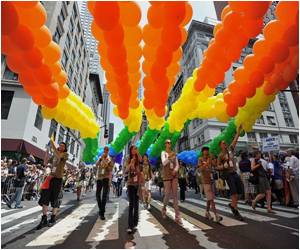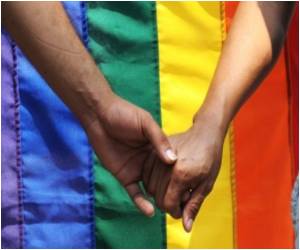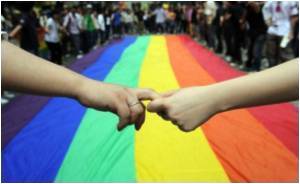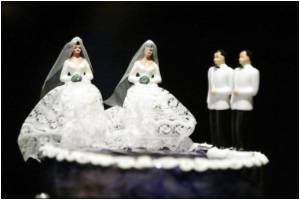While the gay pride parade is being banned from being publicized on television, Lithuania’s gay community has slammed the ban, comparing it with Russia’s so-called ‘gay propaganda’ ban.

LRT public television deputy director Rimvydas Paleckis said the two video clips "promote same sex relationships", which do not meet the constitutional definition of marriage as a union between man and woman.
Addressing the country's gay rights organisation in a letter, he quoted Lithuanian law, which imposes limits on information that "encourages the idea of entering into a marriage and the creation of a family other than that stipulated in the constitution".
Vladimir Simonko, a leading Lithuanian gay rights activist, said the decision created a dangerous precedent that could limit information on LGBT (lesbian, gay, bisexual, transsexual) people.
"Europe was indignant at the Russian law but it appears that Lithuania has a similar law in effect," Simonko told AFP on Monday.
Last month, Russian President Vladimir Putin signed into law a controversial bill that fines people for distributing homosexual "propaganda" to minors.
Advertisement
Co-funded by the French embassy and made by young French film director Francois Message, the two clips show local people speaking in favour of the parade.
Advertisement
Homosexual rights campaigners will hold their second rally ever in the capital Vilnius on July 27. They are still locked in a legal battle with authorities over the location.
Same-sex relations were decriminalised in Lithuania in 1993, three years after the country declared independence from the crumbling Soviet Union, under which homosexuality was banned.
Lithuania has a population of three million people, the majority of whom are Roman Catholic.
It joined the European Union in 2004 and assumed the rotating half-year EU presidency on July 1.
Source-AFP









